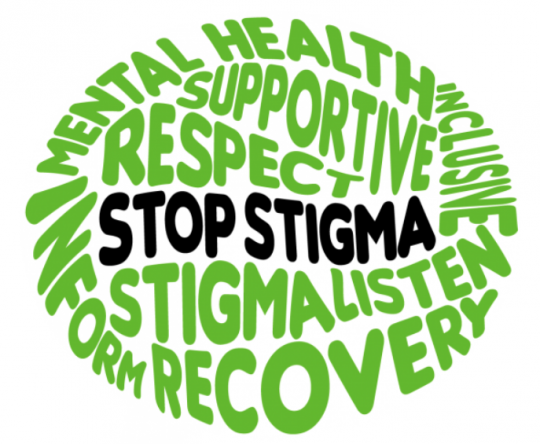By SHANNON SKAE, health and life coach at Revive with Shan
The stigmatisation of mental health continues, even though we have seen great strides in how we as a society discuss mental health issues, and there are more and more social media posts about mental health.
Stigmatisation, in this instance, refers to cases where people are prejudicial towards someone due to the state of their mental health. This can occur in the workplace, home, friendship groups, and public settings.
In 2019, stigma in the workplace was incredibly high concerning mental health. This meant that then, and still, now, many employees do not want to come forward if they have a mental health issue because they fear discrimination and marginalisation.
Stigma can be a significant deterrent to those needing to seek help.
Examples of stigmatised talk towards someone with mental health issues:
- “You are crazy.”
- “Are you sure you are taking your medication right now? You are acting irrationally.”
- “You are incompetent.”
- “You struggle to get out of bed all the time; you are so lazy.”
- “Why are you going to a therapist or psychologist? That’s for crazy people.”
- “You are not normal because you take psychiatric medication.”
- “You are just a coward – there is no need to be anxious.”
- “Depressed people are lazy and lack willpower.”
- “Anxious people are weak.”
- “Anxious people are sensitive and overly emotional.”
- “Bipolar people only want attention.”
- “Crying is a sign of weakness.”
- “Schizophrenics are violent.”
- “Seeking help for a mental illness means you are crazy and abnormal.”
Many people do not seek help for their mental health issues because they fear the repercussions of seeing a psychologist or psychiatrist, being on medication, and speaking about their problems.
The stigma around mental health is caused by a lack of awareness, education, and perception around mental illnesses. It is, therefore, vital for us to educate others on what stigma is.
More than one billion people have mental illness worldwide. The WHO highlights the need to transform awareness around mental health.
How to decrease stigma against those who have mental health issues:
- Listen with empathy
- Talk openly about your mental health, and do not be afraid to speak up
- Show compassion for those with mental illnesses
- Be conscious of how you speak to others
- Be honest about your treatment
- Educate yourself and others about mental health
- Speak up if you hear someone speaking prejudicially towards someone with a mental health issue
The stigma of mental health is still a problem, and it is up to us as a community to spread the word about this.
Educate yourselves and others about mental health.


